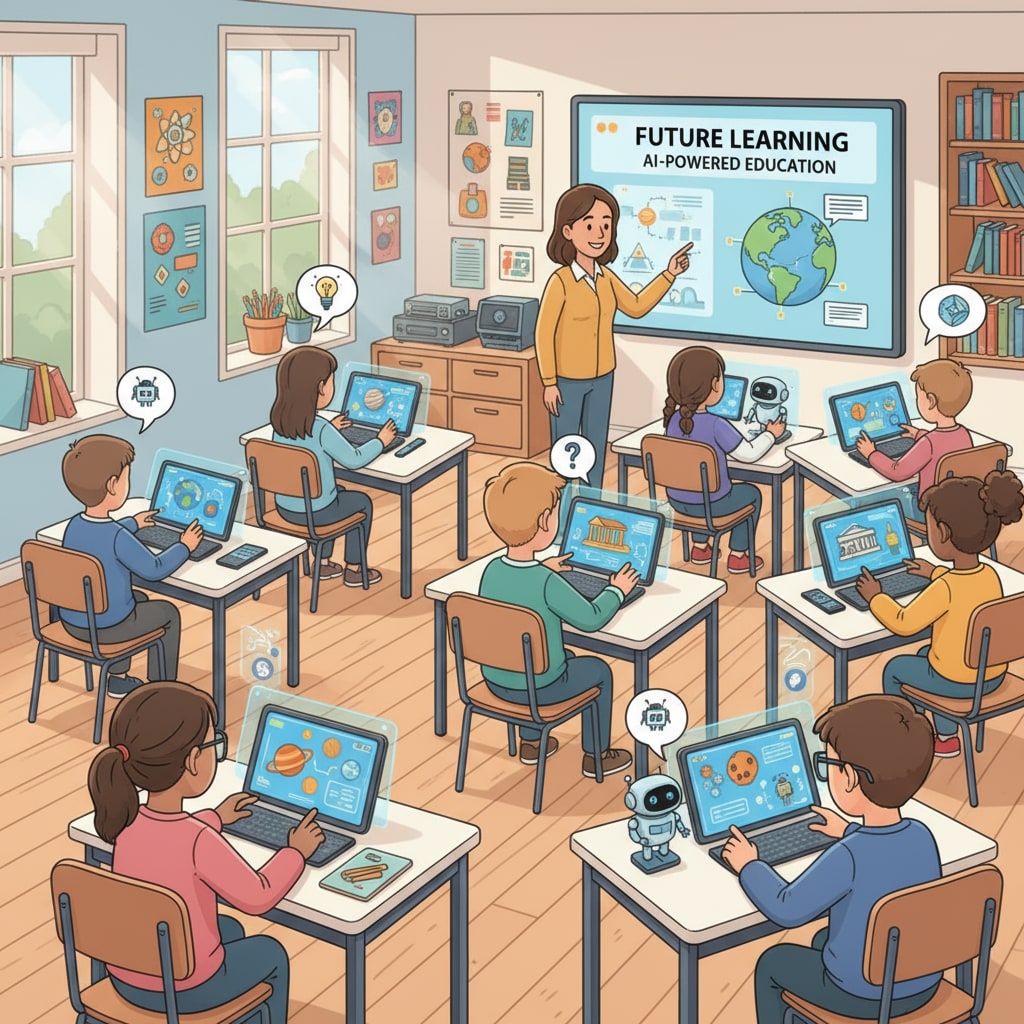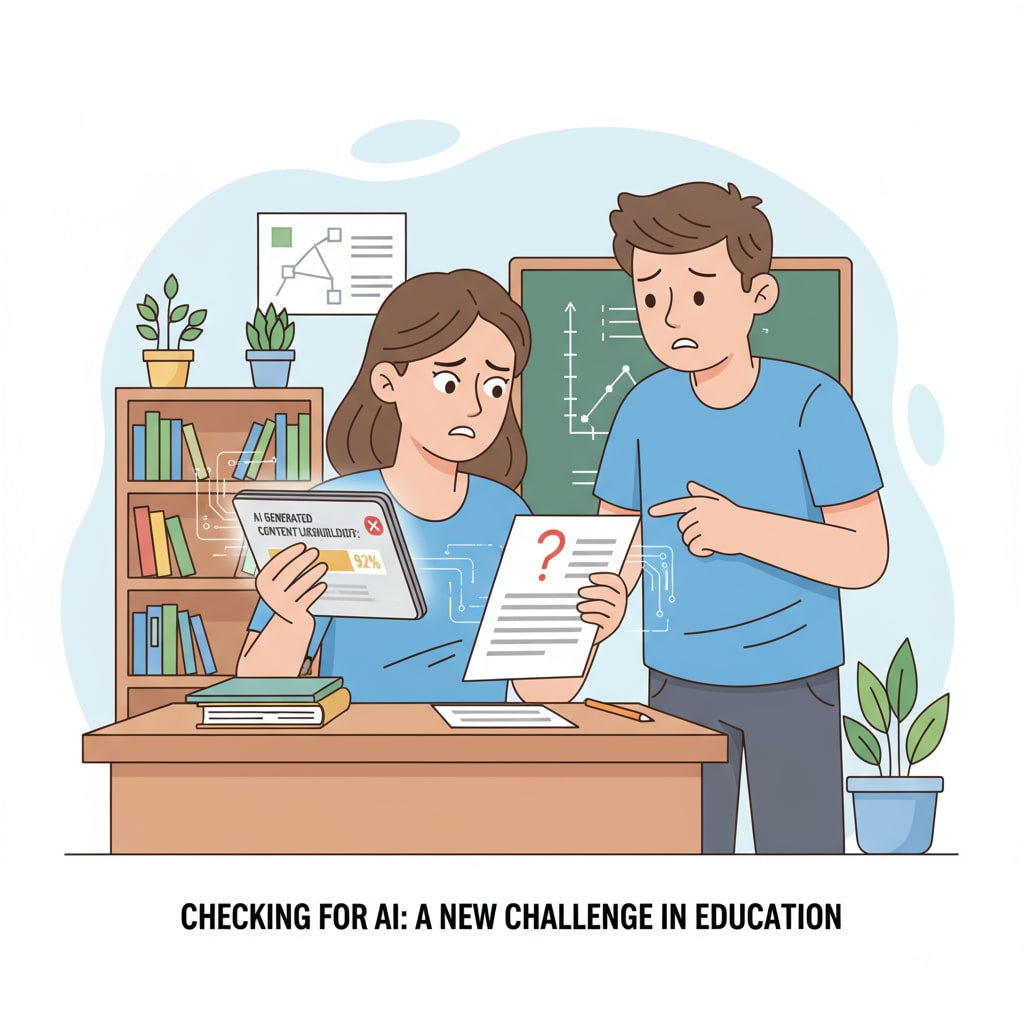Artificial intelligence policies, academic integrity, and skill depreciation are becoming increasingly relevant issues as AI makes its way into the K12 educational landscape. The integration of AI in schools has the potential to revolutionize learning, but it also brings a host of challenges that need to be addressed.

The Rise of AI in K12 Education
AI has found its way into various aspects of K12 education. For example, it is used in personalized learning platforms that adapt to each student’s learning pace and style. These platforms analyze students’ performance data to provide tailored instruction, which can be a great benefit. According to this Edsurge article, AI is also employed in administrative tasks such as grading and scheduling, streamlining processes for educators. However, this growing presence of AI in schools has raised concerns about academic integrity.
Academic Integrity Concerns
One of the major issues is the potential for students to use AI to cheat. With advanced language models, students could submit work that is not their own. For instance, they might use an AI tool to write an essay, bypassing the learning process. This undermines the principles of academic integrity. Teachers are now faced with the difficult task of determining whether a student’s work is authentic or generated by AI. As per Chegg’s insights on academic integrity in the age of AI, educational institutions need to develop clear policies regarding AI use to maintain fairness in assessment.

Skill Depreciation Risks
Another aspect to consider is skill depreciation. As students rely more on AI tools, there is a risk that certain skills may not be developed adequately. For example, writing skills could be affected if students rely solely on AI to compose their texts. Critical thinking and problem-solving skills might also take a backseat as AI provides quick answers. In addition, students may not be learning the fundamental concepts behind tasks, which could have long-term implications for their academic and professional development.
To address these challenges, educational institutions need to formulate comprehensive artificial intelligence policies. These policies should clearly define when and how AI can be used in the classroom, as well as the consequences for misuse. By doing so, they can ensure that AI is a tool that enhances learning rather than a hindrance to academic integrity and skill development. In conclusion, artificial intelligence policies, academic integrity, and skill depreciation are intertwined issues that require careful consideration as AI continues to shape the K12 educational environment.
Readability guidance: This article uses short paragraphs to present ideas clearly. Each H2 section has a focused discussion, and external links are provided for further exploration. Transition words like ‘however’, ‘for example’, and ‘in addition’ are used to enhance flow. Passive语态 is minimized, and the overall sentence length is kept within the recommended range.


